Using Epsom Salt For Hair: Here’s What You Must Know
Your guide to using this mineral compound to maintain a healthy scalp and locks.

Image: Shutterstock
Have you ever considered using Epsom salt for hair care? This mineral salt is traditionally used in bath salt mixtures to relieve muscle aches. But, many people have now started using it on their hair as it is claimed to add volume. Although there is no scientific evidence to support Epsom salt’s hair benefits, there is a reasonable explanation as to why it may enhance your locks. This article explains how to use Epsom salt on your hair and its safety. Keep reading!
 Know Your Ingredient: Epsom Salt
Know Your Ingredient: Epsom SaltWhat Is It?
Colorless, crystalline powder made of magnesium, oxygen, and sulfur
What Are Its Benefits?
Removes excess oil from the scalp, enhances hair texture, adds volume to hair, and helps manage dandruff.
Who Can Use It?
People with dandruff and itchy scalp or individuals with fine hair
How Often?
Once a month to treat dandruff and once every two weeks for oily hair
Caution
Avoid using it on your hair if you have recently undergone any chemical treatments like perming or coloring. Give your hair some time to recover.
In This Article
Composition Of Epsom Salt
is made up of:
- Magnesium (Mg)
- Sulfur (S)
- Oxygen (O)
- Water (H2O)
These elements play a role in various biochemical processes of the human body. The water molecules are called “water of hydration” and are not chemically bonded to the compound. Instead, they are responsible for the crystalline form of Epsom salt, giving it a salt-like appearance. However, Epsom salt is technically not a salt, but simply a mineral compound named after a saline spring called Epsom in Surrey, England.
Epsom salt has various traditional household uses and is quite popular for its therapeutic, rejuvenating properties as bath salts for exfoliation and sore muscle treatment.
Keep reading to know more about its uses in hair care.
Key Takeaways
- Epsom salt is known for its pain-relieving properties.
- This mineral salt is also gaining popularity over the years for its hair benefits.
- It is safe to be used on hair, and there are a few effective ways to include it in your hair care routine.
Is It Safe To Use Epsom Salt For Hair?
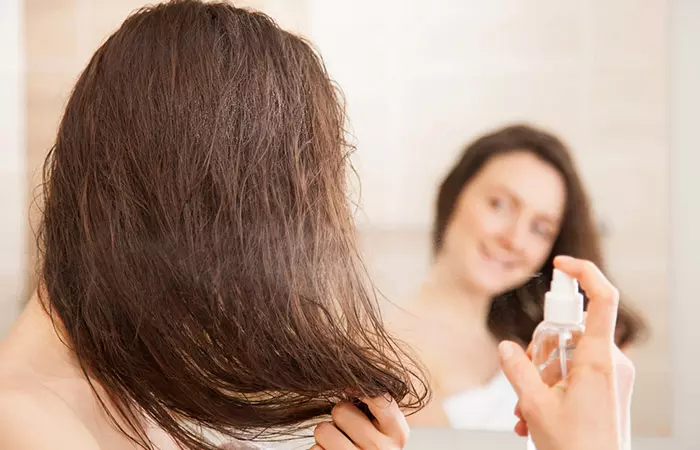
Yes, it is safe to use Epsom salt for your hair and scalp. It is a naturally occurring chemical compound made of magnesium, sulfur, and oxygen – elements already present in the human body. Epsom salt is also known as magnesium sulfate.
According to the Cosmetic Ingredient Review (CIR) expert panel, Epsom salt or magnesium sulfate does not have any toxicity concerns. They concluded that accidental inhalation of Epsom salt in the form of sprays and topical application on skin and hair does not cause any adverse health hazard and is non-irritating (1).
Epsom salt is very different from regular table salts and sea salts as it has a different chemical structure. It is termed “salt” because of its texture and salt-like appearance. It is traditionally used to manage sprains, muscle pain, insomniai A common sleep disorder characterized by trouble falling and staying asleep due to poor sleeping habits, anxiety, or illness. , and fibromyalgiai A chronic condition characterized by muscle pain, trouble sleeping, fatigue, and emotional and mental distress. . While none of its benefits are scientifically studied, anecdotal evidence claims that Epsom salt is beneficial in addressing these ailments. Also, as a natural remedy, it can be used as a beauty treatment for your tresses. It may aid in hair strengthening and provide scalp and hair nourishment.
Epsom salt is widely used as a hair volumizer and hair and scalp spray. When dissolved in warm water, this salt can be used as a hair detoxification treatment and remove product buildup, which may hinder hair growth. The possible reason is that Epsom salt removes oil from the hair and scalp, reducing greasiness. Salt sprays also impart texture to the hair, adding natural waves and giving the strands a slightly crunchy texture.
Many people want to know how to treat dandruff with salt. Anecdotal evidence claims that Epsom salt sprays may also help curb dandruff and improve scalp health. Dandruff is caused by Malassezia, a yeast-like fungus that feeds on the sebum and lipidsi Fatty substances that make up a small part of your hair’s overall weight and play a role in keeping your hair shiny and healthy. on your scalp. Epsom salt may reduce the excess grease, managing the proliferation of the fungus and helps in dandruff relief. That is one possible explanation for why it may work, although there is no scientific data to support this claim.
 Quick Tip
Quick TipIf you want to give it a try and see whether it works or not, here are a few ways you can incorporate Epsom salt into your hair care routine.
How To Use Epsom Salt For Your Hair
1. As A Volumizer
This is perfect for oily, dry, and curly hair. It will add volume and texture to the hair and define the curls without stripping excess moisture from your locks.
You Will Need
- 1 cup of Epsom salt
- 1 cup of sulfate-free hair conditioner
Method
- Mix the two ingredients.
- Apply this mixture to your hair after shampooing.
- Leave it on for 15 to 20 minutes.
- Rinse well with room temperature water.
2. Clarifying Solution
If you use hair styling products, you can use this Epsom salt solution to remove excess product buildup and clarify your locks and scalp.You Will Need
- 1 gallon of water
- 1 cup of Epsom salt
- 1 cup of lemon juice or apple cider vinegar (diluted)
Method
- Mix all the ingredients.
- Cover this concoction and keep it aside for 24 hours.
- After a day, wash your hair with the solution.
- Leave it on for 15 to 20 minutes.
- Rinse well and condition your hair.
 Did You Know?
Did You Know?3. Epsom Salt Scalp Scrub
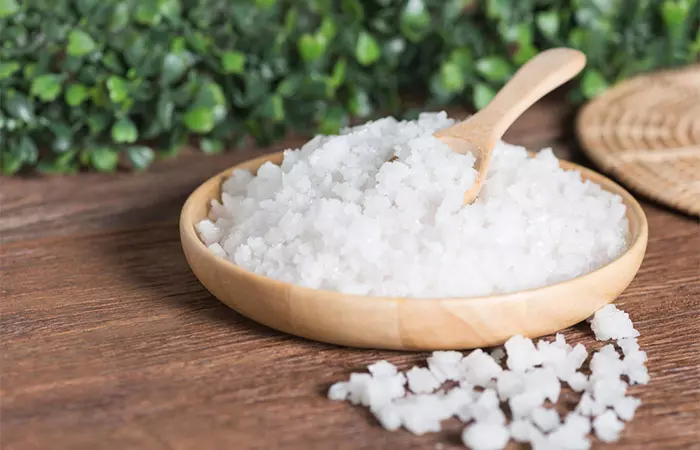
Epsom salt has a rough texture. It can help remove excess oil and dry flakes from the scalp to manage dandruff.
You Will Need
- 1 cup of Epsom salt
Method
- Massage the salt into the dry scalp for 2 minutes.
- Leave it on for 15-20 minutes.
- Rinse your hair well to remove the salt.
- Follow up with shampoo and conditioner.
4. Epsom Salt Hair Spray
Consider making an Epsom salt hair spray for a lightweight styling option. This easy method not only helps with styling but can also add a bit of texture and body.
You Will Need
- 1 cup of warm water
- 2 tablespoons of Epsom salt
- A spray bottle
Method
- Start by dissolving the Epsom salt in the warm water until fully mixed.
- Allow the solution to cool before carefully pouring it into a spray bottle.
- Spray the mixture onto damp hair and style as you desire. This can enhance your hair’s natural waves or curls while providing a refreshing lift.
Melissa Bourget, a YouTuber, shared her experience with an Epsom salt scalp scrub for buildup in her video. She uses an oil mixture with Epsom salt and gently rubs it on the scalp. About the results, she says, “My scalp feels super fresh and clean and it just feels good and I don’t feel any itch at all (i).”
Infographic: 3 Ways To Use Epsom Salt For Healthy Tresses
While Epsom salt has always been used in bath salt mixtures to relax aching muscles, it has also made its way into hair care regimens. Anecdotal evidence suggests that this mineral salt may increase hair volume and improve its appearance. Check out the infographic below for 3 ways to incorporate Epsom salt into your hair care routine. Illustration: StyleCraze Design Team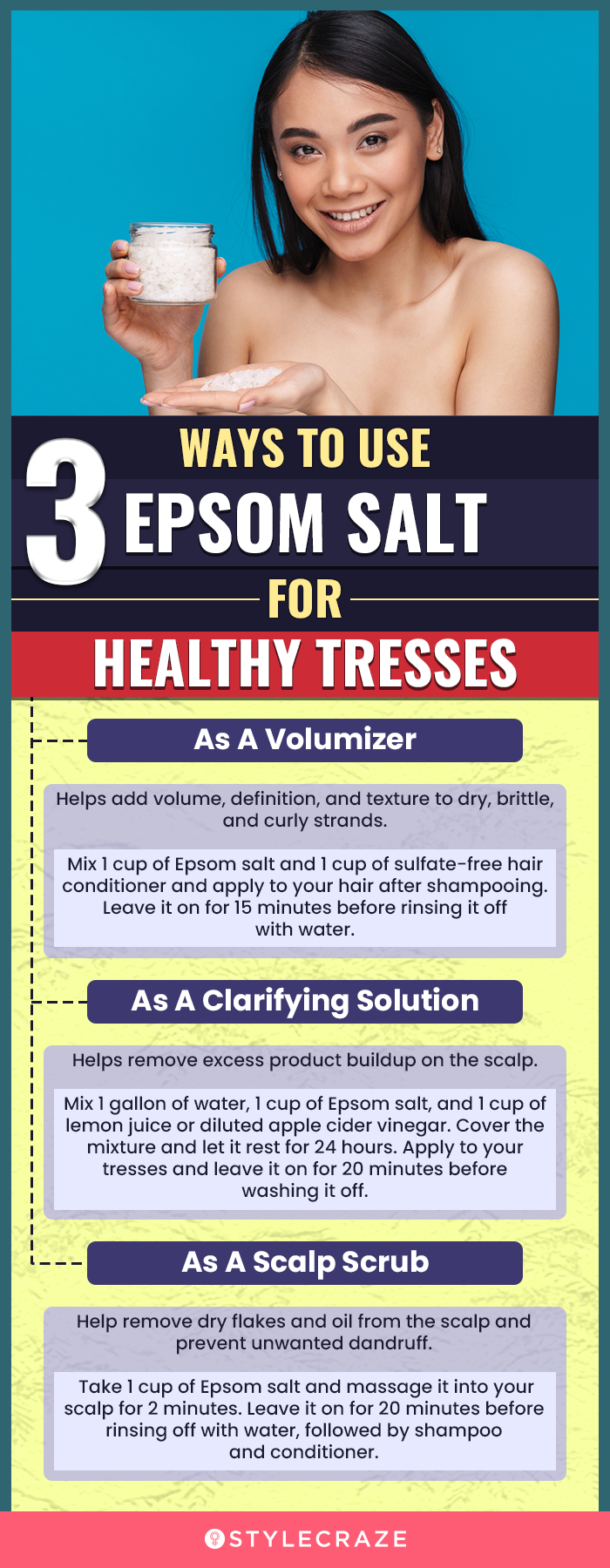
Epsom salt is often used as a bath salt to relieve muscle pain. It contains sulfur and magnesium and is used in hair care as well. Fortunately, it is safe to use Epsom salt for hair care. It can add volume and texture to your hair. You can use it as a volumizer, a clarifying solution, and a scrub. However, there are no recorded benefits of Epsom salt for hair care. So, you can try any of the methods listed above and see if they work well for your hair.
Frequently Asked Questions
Does Epsom salt make your hair curly?
Epsom salt (magnesium sulfate) has been used in many curl enhancers or leave-in conditioners. It is known for its natural curl-boosting properties.
Does Epsom salt soften hair?
Topical application of Epsom salt doesn’t soften your hair. Also, there are no studies to support these claims. However, Epsom salt, along with a conditioner, may help soften hair.
Is Epsom salt good for itchy scalp?
Anecdotal evidence suggests that massaging your scalp with Epsom salt may help relieve itchiness. However, limited data is available in this regard.
Does Epsom salt water thicken hair?
Epsom salt water may thicken your hair and add texture to it. However, there are no studies to support these claims.
Illustration: Epsom Salt For Hair: How To Use It
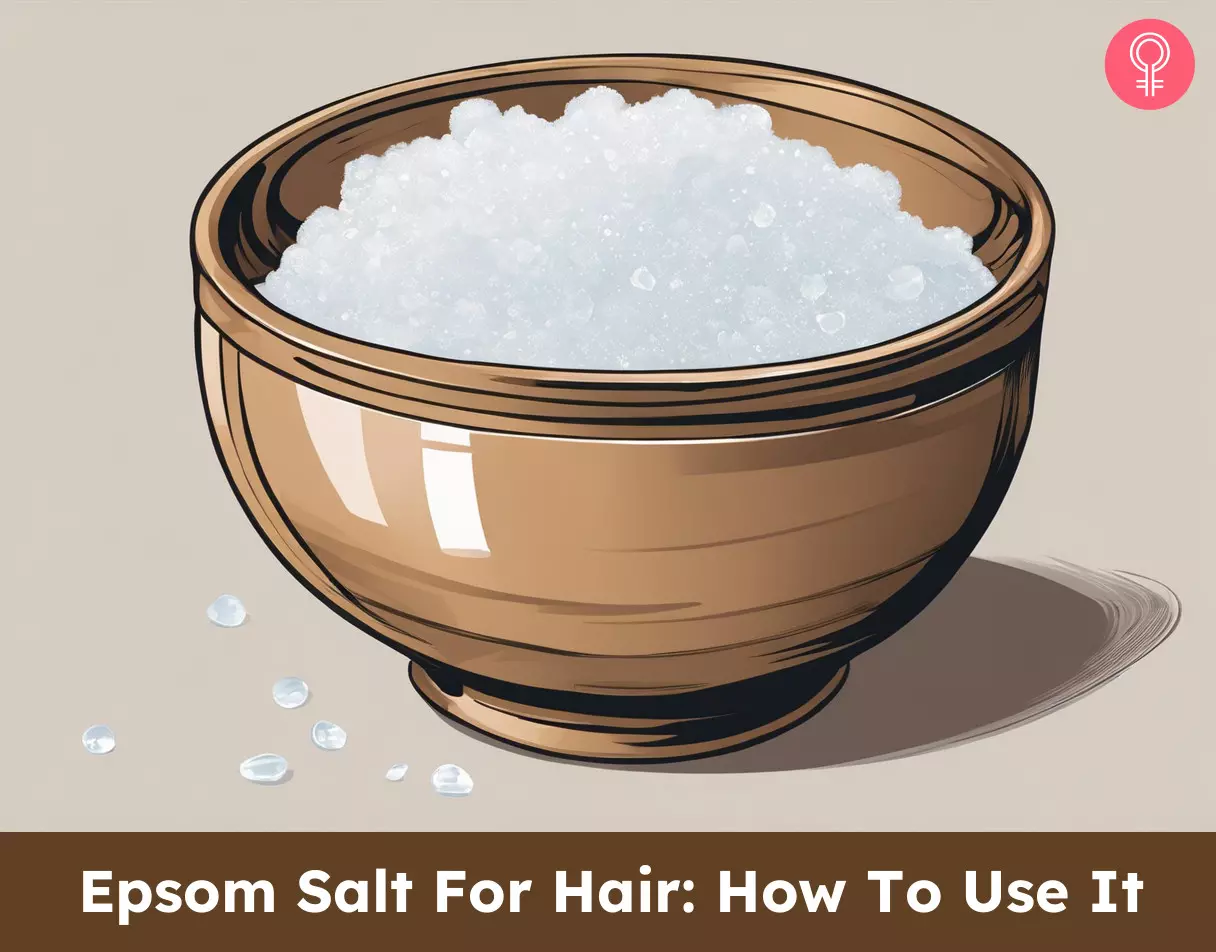
Image: Stable Diffusion/StyleCraze Design Team
Epsom salt is a versatile and affordable home remedy. Watch this informative video and discover 20 brilliant ways to incorporate it into your daily haircare regimen.
Personal Experience: Source
StyleCraze's articles are interwoven with authentic personal narratives that provide depth and resonance to our content. Below are the sources of the personal accounts referenced in this article.
i. EPSOM SALT SCALP SCRUB [Before + After]https://www.youtube.com/watch?v=mnCUiXnlw04
References
Articles on StyleCraze are backed by verified information from peer-reviewed and academic research papers, reputed organizations, research institutions, and medical associations to ensure accuracy and relevance. Read our editorial policy to learn more.
- Safety Assessment of Magnesium Sulfate as Used in Cosmetics
https://www.cir-safety.org/sites/default/files/magnes032014tent.pdf
Read full bio of Madison Dufour
Read full bio of Ramona Sinha
Read full bio of Eshna Das
Read full bio of Swathi E







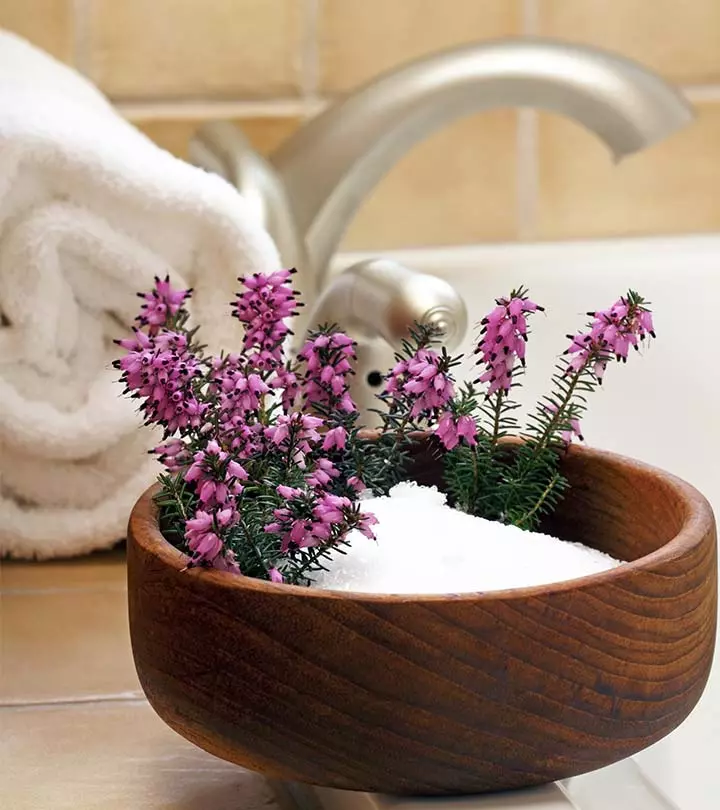
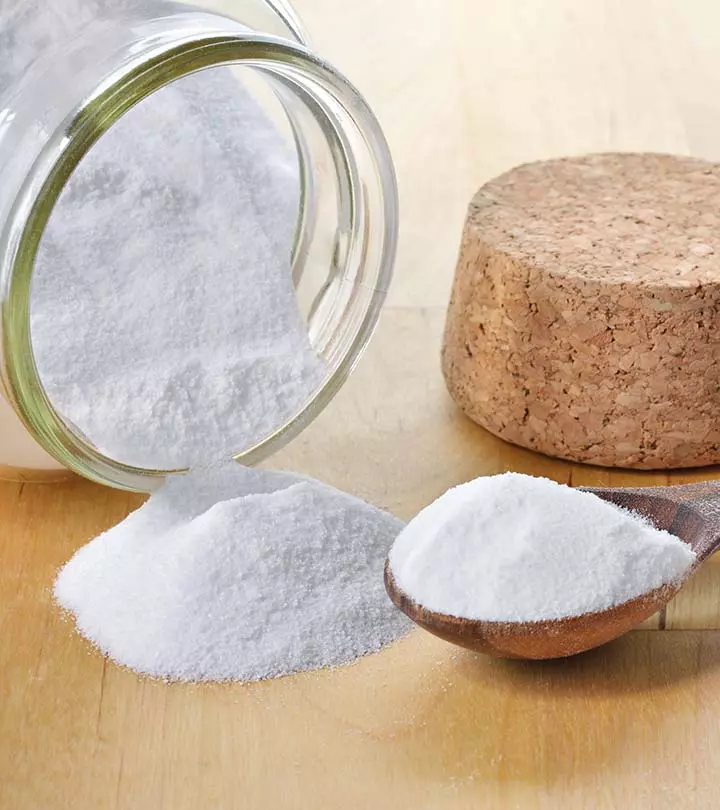

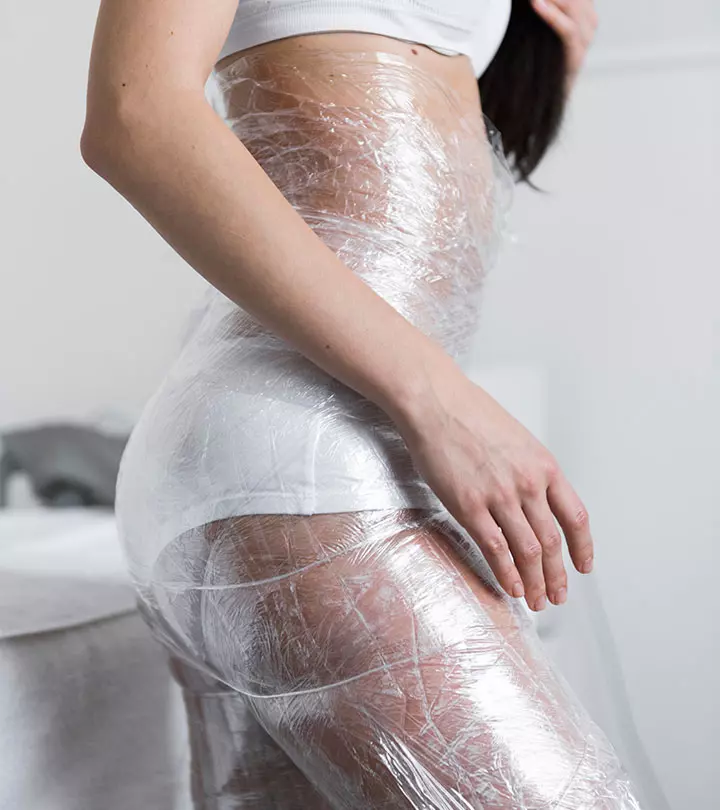
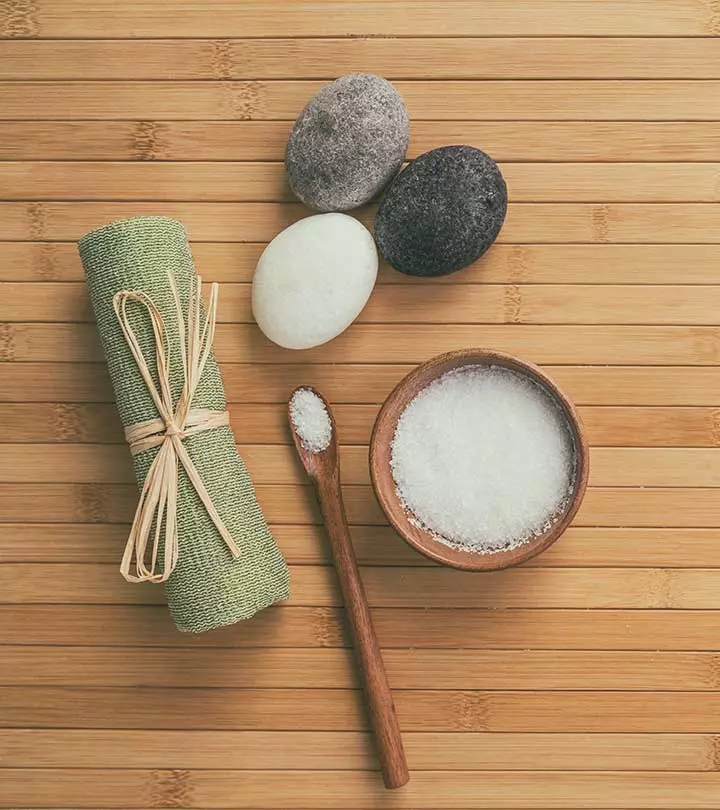

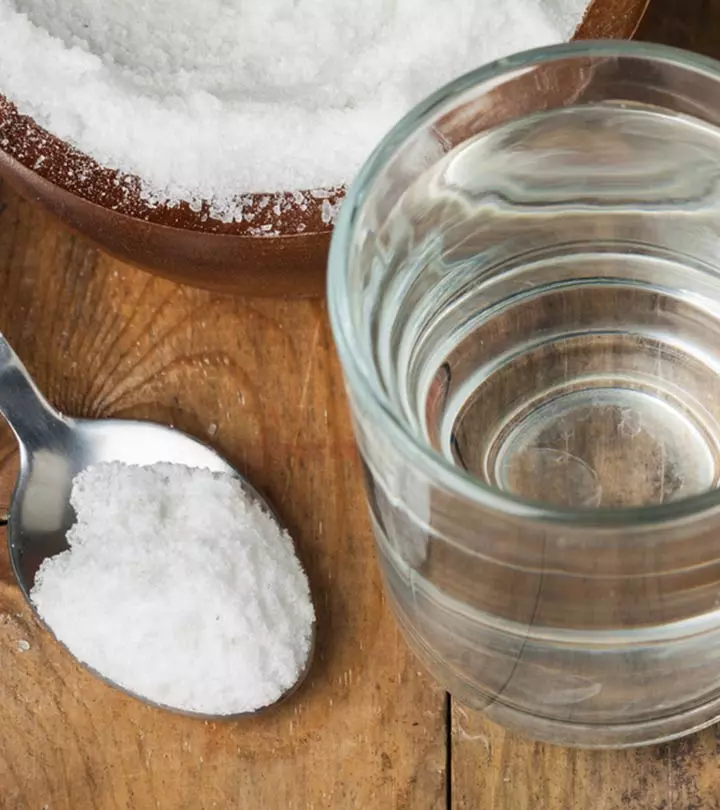
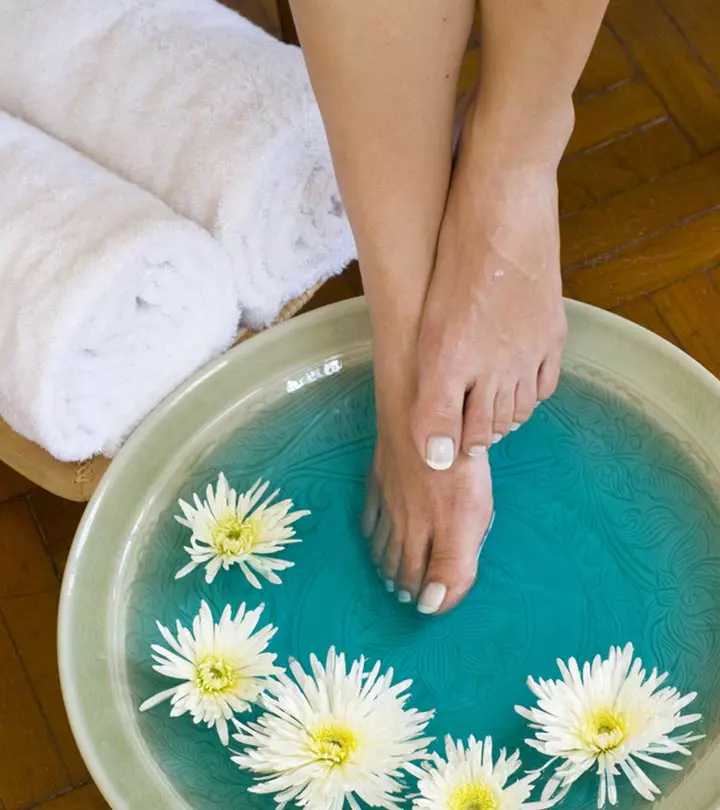








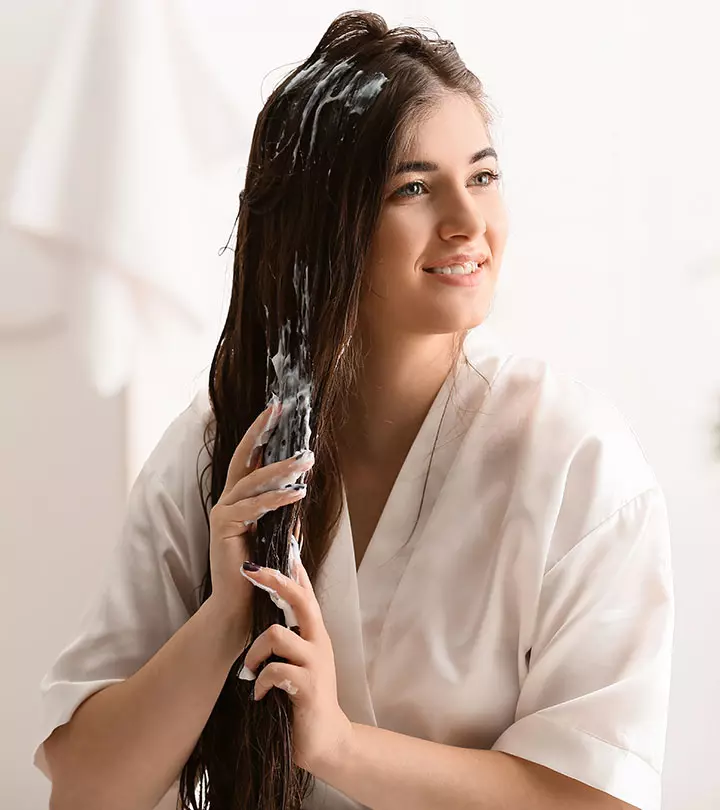



Community Experiences
Join the conversation and become a part of our empowering community! Share your stories, experiences, and insights to connect with other beauty, lifestyle, and health enthusiasts.